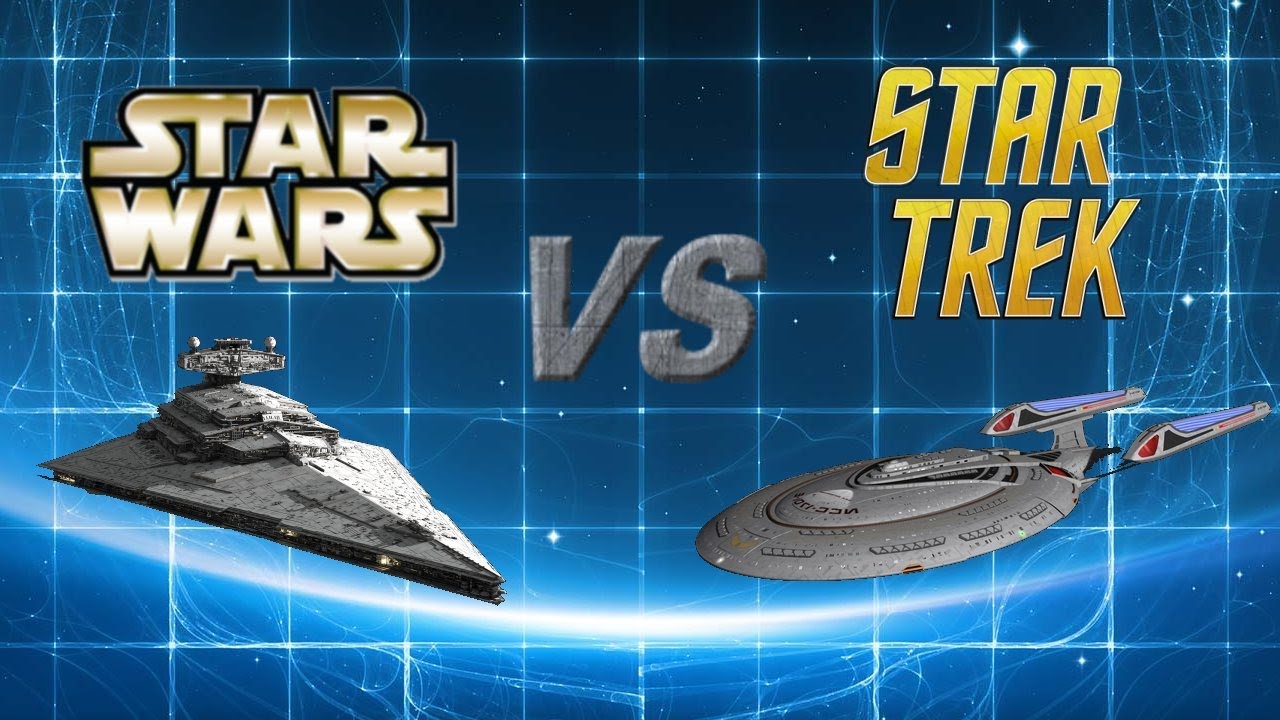
I often write about Trekonomics, and how our future world might play out based upon a Utopian or Dystopian future. In a Utopian future, Gene Rodenberry – the creator of Star Trek – envisaged humans exploring space to improve humanity. Star Trek is a Utopian future without money, where people trade on the basis of their contribution to society. It is very different to Star Wars, where everyone is out for themselves and in a continual battle to win. Star Trek is a harmonious one; Star Wars is a dystopian one.
Interestingly, the original Utopia, as envisioned by Sir Thomas More in the sixteenth century, always had a society without money at its core. Sir Thomas More coined the term Utopia to describe a fictional island that he envisioned as an ideal society. In the literary concept of Utopia, particularly as envisioned by More, there is no money. This is because the community is based on the idea of shared resources and a cooperative economy where everyone contributes their share to the common good. Instead of money, there is a system of needs being met for all, and private property is abolished.
The thing is that “Utopia” literally means “no place” due to its Greek origins. The Greek words “ou” (οὐ) mean “not,” and “topos” (τόπος) means “place,” so “utopia” literally means “not a place.” In other words, a place that cannot exist because it is an imaginary place or state of affairs that is perfect or ideal. No such place exists.
That’s a shame as I’m a Trekkie. So, what are those in the Rebel Alliance doing?
Well, like most places, they live in a dystopian world. In Ancient Greek, “dystopia” (δυστοπία) translates to a ”bad place” or “unhappy place”. It's formed by the prefix “dys-” (δυσ-), meaning “bad” or “abnormal”, and “topos” (τόπος), meaning “place” or “region”. The term is derived from a play on the word “utopia” (εὐτοπία), which means “good place” or “perfect place”.
That’s why on Earth and in Star Wars, we spend all of our time fighting and arguing with each other, and are constantly locked in battle for wealth, assets and power.
In most forms of use, as a result, dystopian societies describe something that is undesirable or frightening, and characterised by oppressive authorities, dehumanisation and planetary disaster. Think of the Empire and Darth Vader and you’ve got the idea.
When it comes to money, in dystopia, a central authority might control the issuance of currency in the form of “credits” and digital tokens, to exert power and control. Money is a tool for tracking and controlling citizens because money might lose its value or become irrelevant due to factors like economic collapse, resource scarcity, or the establishment of a non-monetary system.
Sound familiar?
The net:net is that the ideal future is a world where there is no money; but the hell we all live with is one that has. Well, that’s my takeaway anyway.
Chris M Skinner
Chris Skinner is best known as an independent commentator on the financial markets through his blog, TheFinanser.com, as author of the bestselling book Digital Bank, and Chair of the European networking forum the Financial Services Club. He has been voted one of the most influential people in banking by The Financial Brand (as well as one of the best blogs), a FinTech Titan (Next Bank), one of the Fintech Leaders you need to follow (City AM, Deluxe and Jax Finance), as well as one of the Top 40 most influential people in financial technology by the Wall Street Journal's Financial News. To learn more click here...

